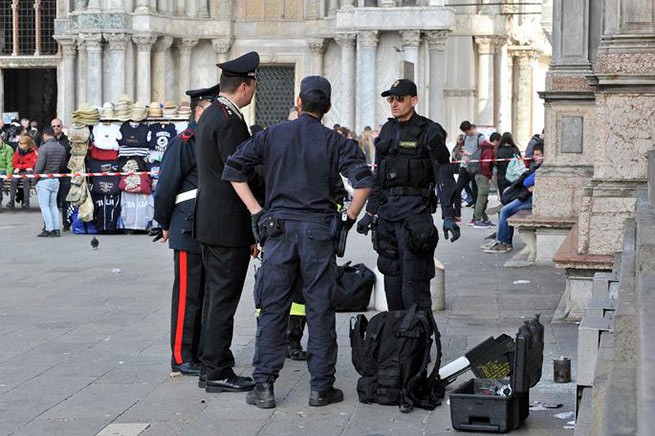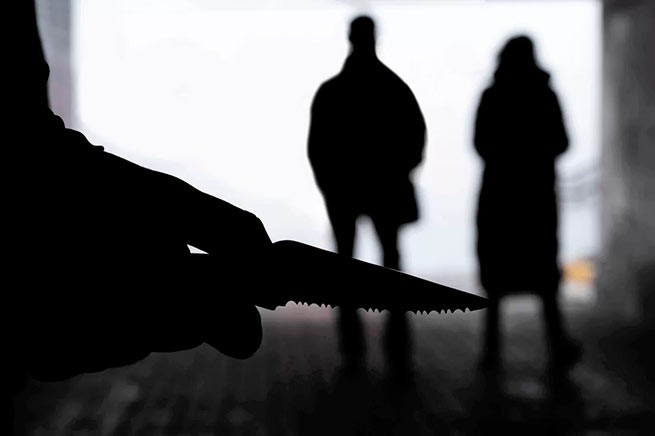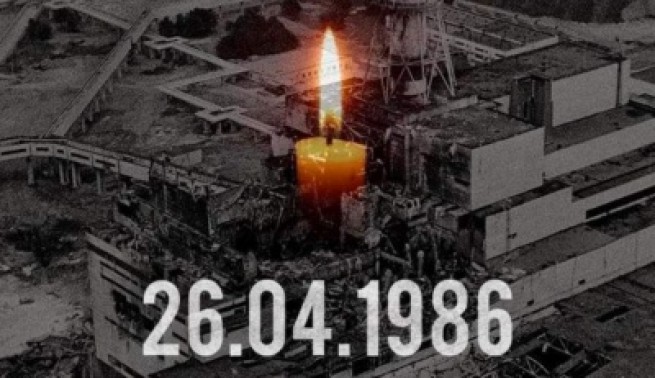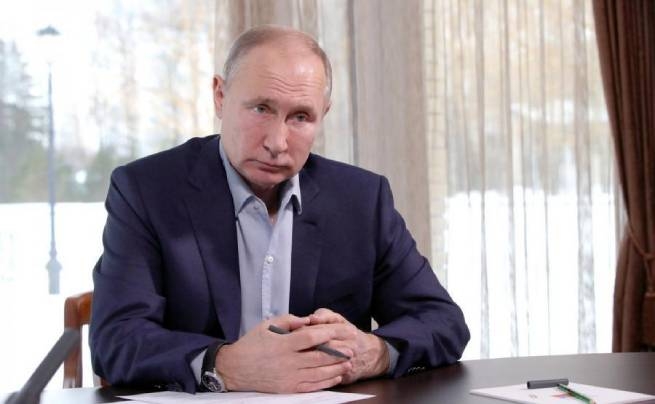The head of the Russian Federation drew attention to the “dramatic decline in the birth rate” and demanded that the government reverse this trend.
On Thursday, speaking at a meeting of the Council for Strategic Development and National Projects, the President of the Russian Federation stated that all “achievements” – reducing mortality and overcoming the consequences of the pandemic – have been “reduced to nothing”. He called to fight with an unacceptable decline in the population of the country:
“I ask the government early next year to prepare a special package of measures to reverse this trend <…>, we need to change the situation for the better, ensure an increase in the birth rate and an increase in life expectancy in Russia.”
According to Rosstat data, 107.2 thousand children were born in Russia in October, which is 12.8 thousand less than in October a year earlier. The recorded 10.7% drop in the birth rate was the largest since 2020. Another indicator: 1.092 million children were born in Russia in 10 months, which is 77.8 thousand (-6.2%) less than in the same period of 2021. At the same time, the relative birth rate indicator – 9 children per 100 thousand of the population – has become the lowest since 2001.
Compared to levels before the annexation of Crimea, when almost 2 million children were born in Russia every year, the birth rate has dropped by almost a third. And this is just the beginning, predicts Igor Yefremov, a demographer at the Gaidar Institute. The process will inevitably accelerate because of the war, and the “bottom” of the birth rate, set in the late 1990s after the post-Soviet economic catastrophe, will be broken next year.
According to the demographer, the number of births in 2023 will drop to 1.2 million, and in 2024 to a million, and will become an absolute minimum in the modern history of the country after the Second World War. Bloomberg Efremov quotes:
“The main blow to the birth rate will be indirect, as the planning horizon of most families will be completely destroyed. And the effect will be stronger the longer the mobilization lasts.”
Really difficult situation with the birth rate in Russia, demographer Alexei Raksha explains:
“Today, the situation in the field of demography is extraordinary. Unfortunately, this is true. We need to recognize this, state it, keep it in mind and act based on this situation. Preserving the people of Russia is our highest national priority,” Vladimir Putin said these words in April 2021, and ten months later he started a war in Ukraine. Thousands of Russians died at the front, hundreds of thousands emigrated from the country after the start of the invasion and in the second wave after the announcement of mobilization. But the demographic consequences of the war are still on the way. Now we are seeing the influence of past years. In general, the whole year we have is rather sad in this respect. 1 million 300 thousand children. 1.44 children per woman. It has not been so low since 2007, when maternity capital was introduced. And the prospects for the future are bleak. In 2014, when Russia annexed Crimea, the birth rate was high – almost 2 million children. Now, eight years later, they predict 1 million 300 thousand. And it gets worse: the demographer of the Gaidar Institute, Igor Efremov, promises a “fertility bottom” as early as next year, as in the late 1990s. And in 2024 – the absolute minimum since the Second World War. The key factor is the demographic gap. This is a legacy from the 1990s. There are fewer women of childbearing age in the country every year, and modern families are having children later and less often. As can be seen from these figures, the population of Russia has not been growing for a long time. In 1996 there were 148 million. Until 2007, there was a reduction. Then the state introduced a maternity capital program, and a slow recovery began. But then covid, followed by war.”
To overcome the demographic problems in the country, each Russian family must have three or four children. This was stated by the chief freelance specialist of the Ministry of Health of Russia on women’s reproductive health Natalya Dolgushina. However, demographers do not yet see the conditions for such growth.







More Stories
Today the world remembers the accident at the Chernobyl nuclear power plant
Poll: which European countries are ready to defend their homeland to the last
K. Mitsotakis announced readiness for the fire season